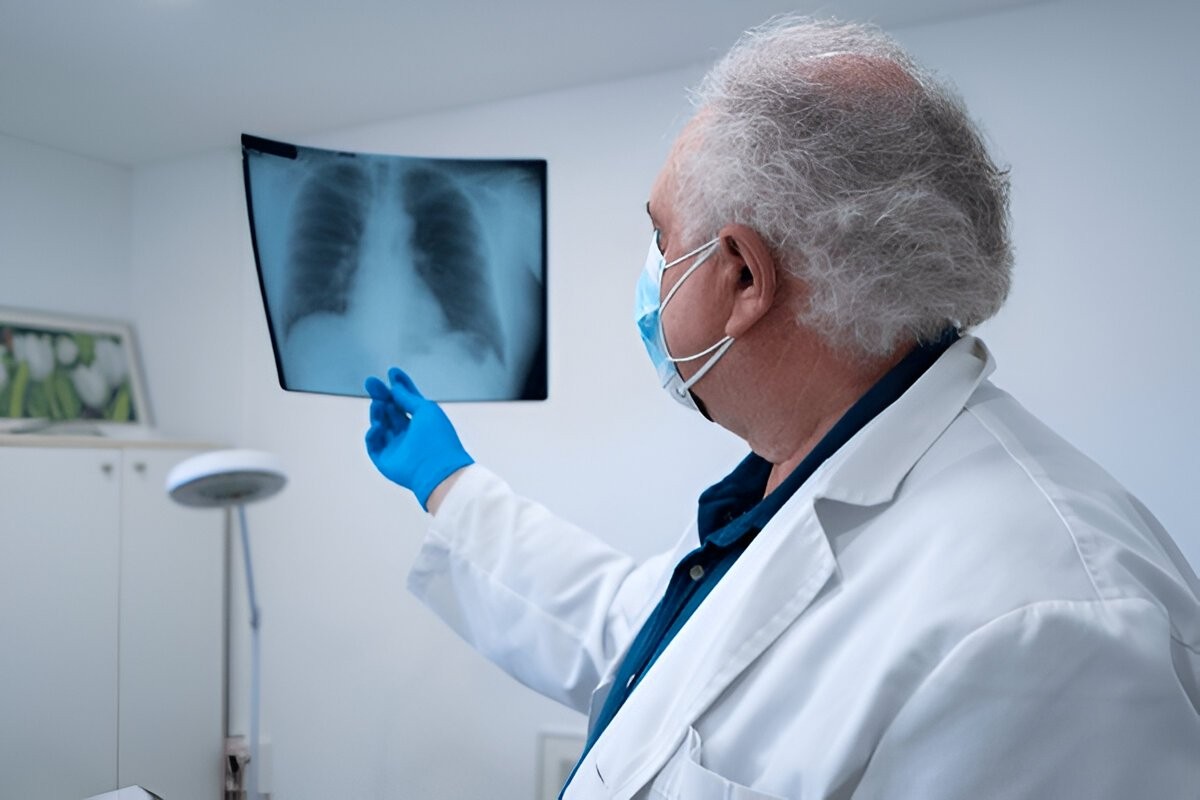
When a person suddenly collapses, every second counts. In the ICU, it is the skill of the doctors that can make the difference between life and death. A sudden collapse can be caused by numerous medical conditions, such as cardiac arrest, stroke, or trauma. ICU doctors are trained to make critical decisions quickly, assessing the situation in real-time and implementing life-saving interventions. The first 60 minutes are the most crucial, and understanding how these doctors react to these emergencies can be both fascinating and comforting.
Immediate Response to a Sudden Collapse
- Assessing the Situation:
Upon arrival, the best doctors in Winter Garden must quickly determine the cause of the collapse. Immediate action involves checking vital signs, such as heart rate, blood pressure, and oxygen levels.
- Airway Management:
One of the first priorities for ICU doctors is ensuring that the patient’s airway is clear. If necessary, they will secure the airway by inserting a breathing tube to ensure proper oxygenation.
- Defibrillation and CPR:
If the patient has suffered a cardiac arrest, doctors may administer CPR or use a defibrillator to restart the heart. The quick administration of defibrillation can significantly increase the chances of survival.
- Medication Administration:
Depending on the condition, doctors may administer life-saving drugs. For example, adrenaline may be given during a cardiac arrest, while thrombolytics are used in cases of strokes.
Advanced Diagnostic Tools
- Continuous Monitoring:
ICU doctors rely on a range of diagnostic tools to monitor the patient’s status continuously. Electrocardiograms (EKGs), blood gas analysis, and oxygen saturation levels are closely watched.
- Imaging:
If the collapse is suspected to be related to a stroke or internal bleeding, doctors will use imaging techniques like CT scans or MRIs to confirm the diagnosis and guide treatment.
Coordinating with the Team
- Collaboration with Nurses and Specialists:
ICU doctors are not working alone. They are part of a team that includes nurses, respiratory therapists, and other specialists. Each team member plays a vital role in stabilizing the patient.
- Effective Communication:
The first 60 minutes require excellent communication between all team members. ICU doctors need to coordinate their actions and ensure everyone is aligned on the treatment plan.
Managing the Aftermath
- Post-Collapse Stabilization:
Once the patient is stabilized, the best doctors in Winter Garden will work to determine the underlying cause of the collapse. Further tests may be conducted, and the patient will be moved to a less critical care area once they are stable.
- Emotional Support:
A sudden collapse can be a traumatic experience for both the patient and their family. ICU doctors and support staff provide emotional support and information to loved ones during this distressing time.
Key Takeaways:
Emergencies demand swift, decisive actions, and there is no room for error. FLASS understands the pressure that comes with these moments. Our team of skilled doctors is equipped to handle even the most challenging medical emergencies. When seconds count, trust the best to deliver life-saving care, with precision and expertise.
When you are in need of immediate care or looking for a trusted team for ongoing medical support, FLASS is here to help. Reach out to us today, and ensure that your health is in the best hands possible.

